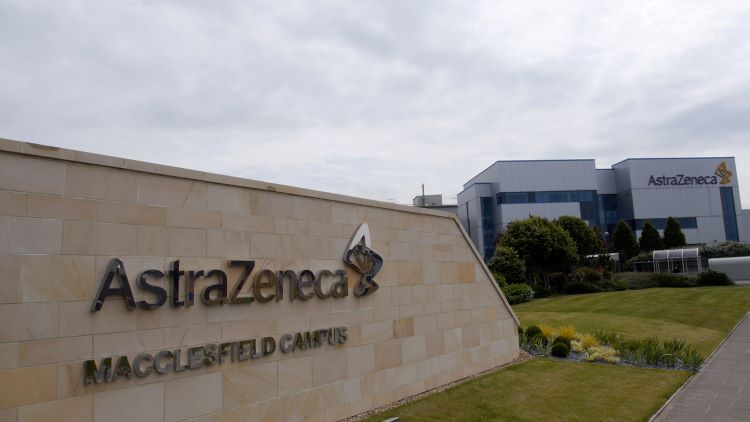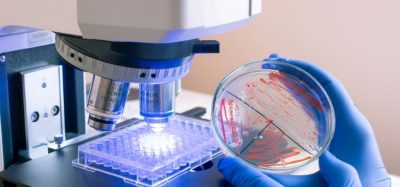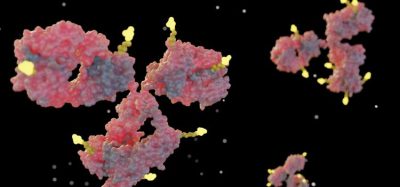AstraZeneca partnership to pioneer UK’s first commercial biomethane supply
Posted: 14 September 2023 | Catherine Eckford (European Pharmaceutical Review) | No comments yet
Part of AstraZeneca’s £100 million renewable energy commitment involves a 15-year partnership to establish the UK’s first unsubsidised industrial-scale supply of biomethane, supporting sustainable pharmaceutical manufacturing.


Credit: AstraZeneca
Under a new agreement, AstraZeneca is set to establish the first unsubsidised industrial-scale supply of biomethane. The pharmaceutical firm is investing greatly in its existing infrastructure to facilitate the shift to renewable gas and support a transition to 100 percent renewable energy. This includes its Macclesfield campus, the UK’s largest pharma manufacturing site.
Supply of the renewable gas is planned through a new 15-year partnership with Future Biogas. Alongside this move, AstraZeneca’s investment in major energy efficiencies in its operations, brings the total of its financial commitment to net zero, to £100 million.
Adopting renewable biomethane gas to support pharmaceutical manufacturing
While AstraZeneca’s biomethane plant is currently under construction, this focus on commercial adoption of renewable gas and “commitment of £100 million shows [AstraZeneca] are serious about decarbonising the discovery, development and manufacture of medicines and securing a sustainable future for our sites across the UK and globally,” commented Juliette White, Vice President, Global Sustainability & Safety, Health & Environment at AstraZeneca.
The pharma company’s sites in Macclesfield, Cambridge, Luton and Speke will be supplied by energy from the biomethane facility. A total of 100 gigawatt hours (GWh) per year, equivalent to the heat demands of over 8,000 homes will be supplied. Once operational in early 2025, the partnership will reduce emissions by an estimated 20,000 tonnes CO2 equivalent (CO2e). This increases renewable energy capacity to the national gas grid.
Biopharma successful in achieving climate-related goals, report finds
Clean energy at the UK’s largest medicines development and manufacturing site
AstraZeneca’s Macclesfield campus, the largest medicines development and manufacturing site in the UK, will benefit from energy efficiency improvements to support the country’s transition to clean heat.
The new biomethane facility will promote sustainability by utilising locally-grown crops as feedstock and therefore enable the development of a circular agricultural economy. The biomethane plant will be fitted with bioenergy carbon capture and storage capability (BECCS) which has the potential to enable the carbon negative operation.
AstraZeneca’s investment “affirms its status as a global leader in the transition to net zero… Future Biogas expects this model to be adopted by many other innovative organisations with strong net zero ambitions,” declared Philipp Lukas, CEO of Future Biogas.
AstraZeneca has also agreed a partnership with Europe’s largest renewable energy producer, to increase the supply of renewable electricity in Sweden.
Related topics
Big Pharma, Biopharmaceuticals, business news, Drug Development, Drug Manufacturing, Drug Markets, Industry Insight, investment, Manufacturing, Research & Development (R&D), Sustainability, Technology, Therapeutics









